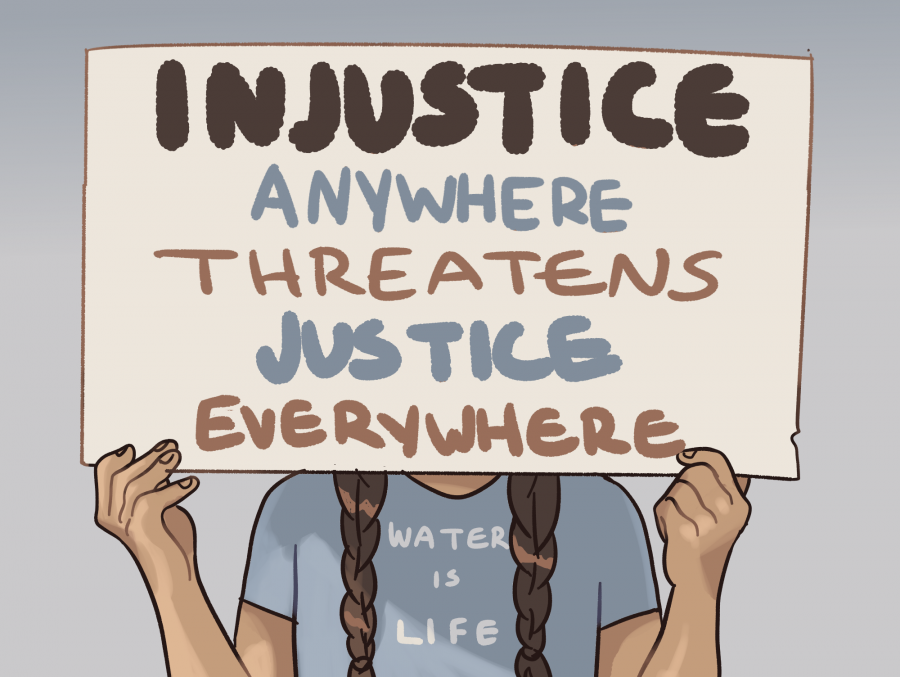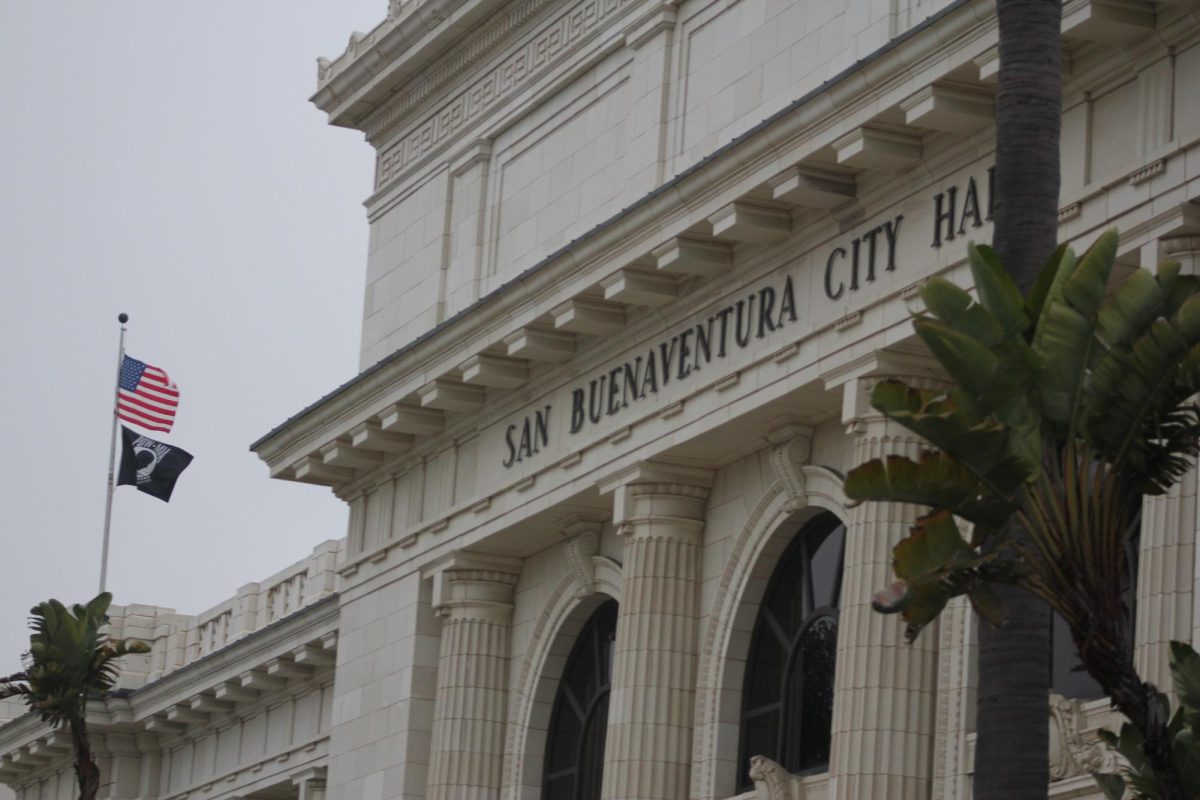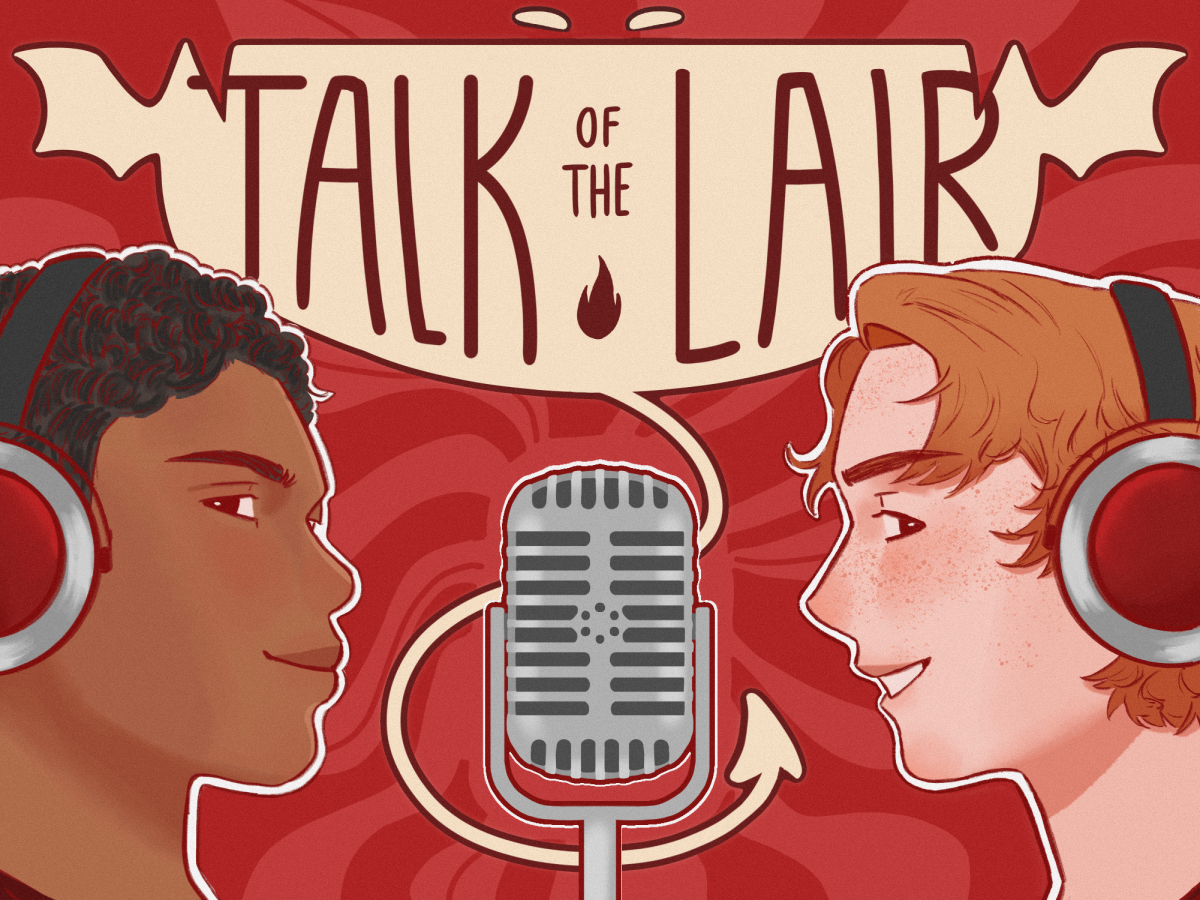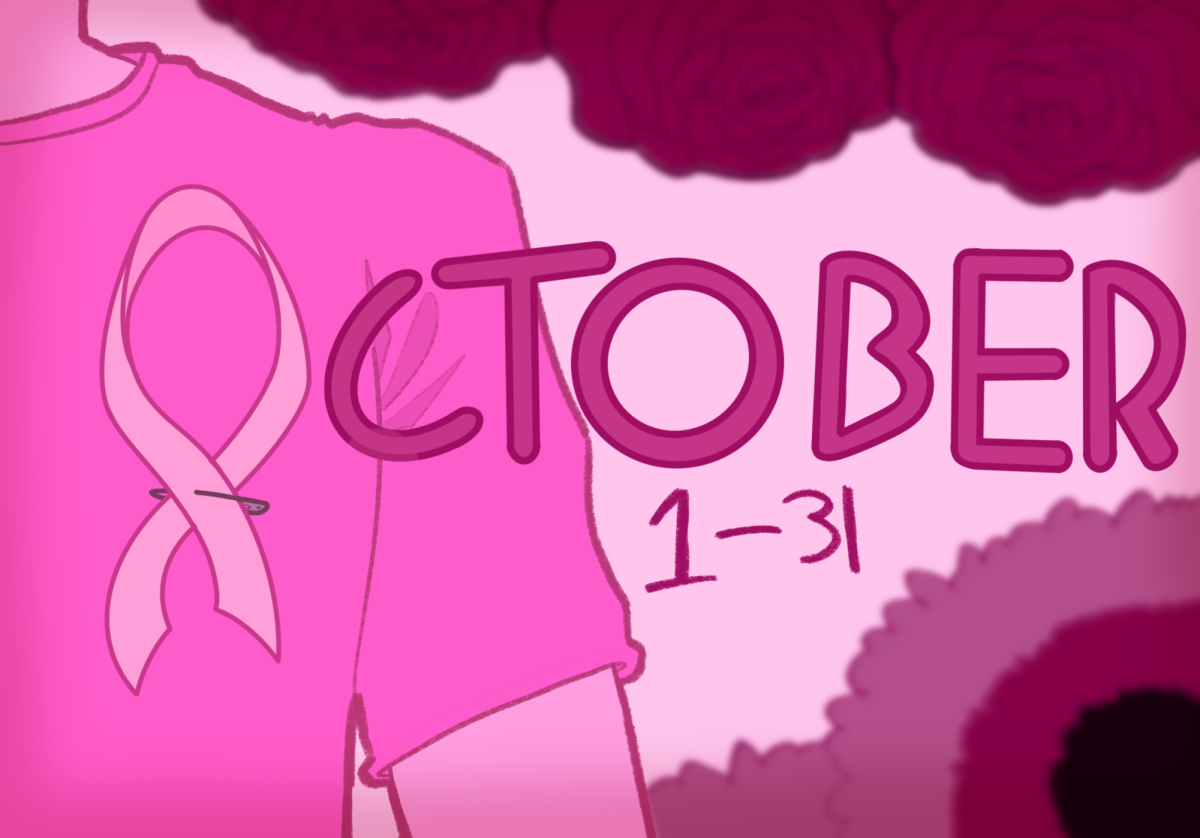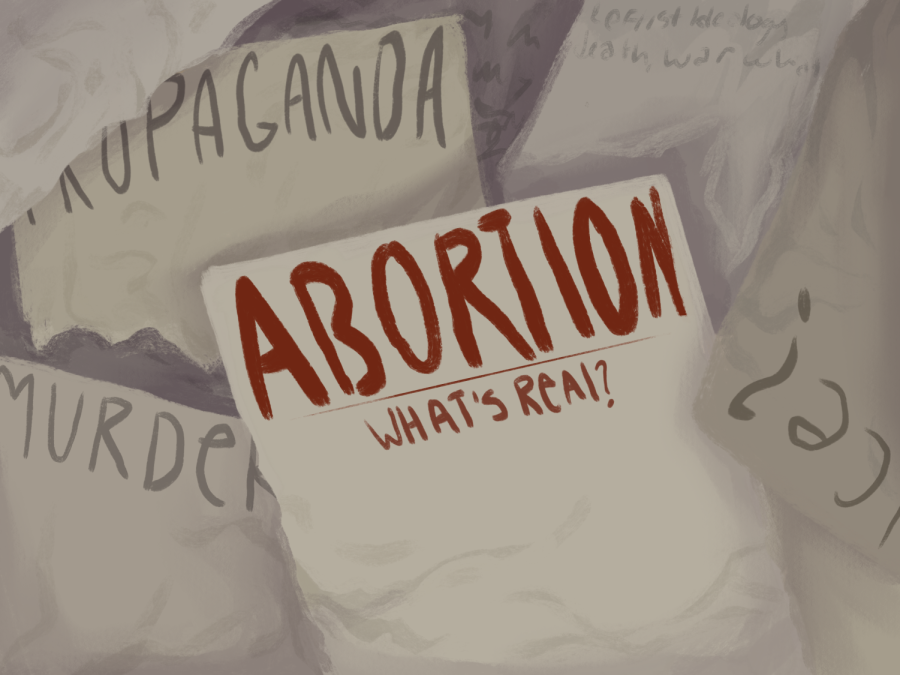Slated to extend 1,172 miles underground, the original route of the Dakota Access Pipeline would have steered clear not only of reservation land but also of ancestral Indian property. However, the route was rejected because the risk of an oil spill was deemed too high for the residents living immediately downriver.
So it was changed . . . to run directly under the Standing Rock Sioux’s main source of water and across native tribal lands. Although considered a risk for residents of Bismarck, apparently the same did not hold true for Native Americans.
What the pipeline is saying is that Native Americans are expendable. That message applies to all Native Americans, not just the Standing Rock Sioux.
The route was moved for the residents of Bismarck, but it can’t, or shouldn’t have to, move for Native Americans. Again and again, the same considerations that apply to the majority of Americans, do not apply to the indigenous people. Our government has a sordid history of unfair dealings and dismissive treatment regarding Native American tribes.
Just a few days ago, my history class learned about the passing of the Indian Removal Act of 1830 under Andrew Jackson which sanctioned the relocation of Native American tribes to present-day Oklahoma. As part of the Act, the Cherokee were forced on an arduous 2,200 mile trek, the infamous Trail of Tears. Although Oklahoma was promised as a permanent frontier to the Indians, the American government reneged on its promises and the border was dissolved fifteen years later.
The miles and miles of land over which America extends have been bought at the price of Native American pain and suffering. They have endured displacement, poverty, and hundreds of broken treaties. Even now, they are trampled and victimized by corporate greed, including but not limited to the Dakota Access Pipeline.
This is not merely an issue of the past: we Americans now and in the future, owe Native Americans the land we live on. It was and is at their cost that our America exists. And it is our duty to pay for what has been taken from them.
Although Native Americans are indigenous people, they have little say in what goes on in their own land, the land being held in “trust” by the government. They cannot buy or sell reservation land and thus endure a strenuous economic toll. Their poverty and unemployment rates are among the highest of any ethnic group in America.
I understand that the Dakota Access pipeline may hold advantages for America by allowing us to rely less on foreign exports, but those advantages should not be bought at the expense of human safety. The treatment of the minority, no matter how small, indicates the untruthfulness of the larger whole. America is a land of equality and as Americans we should be upholding our values.
The focus of the Dakota Pipeline issue should be centered on the rights of the Native American minority, not just its potential for environmental damage. Unfortunately, the rights of the Native American minority don’t hit close enough to home for most people. If the pipeline was installed, Californians wouldn’t be drastically affected by the loss of rights to their land. Yet, injustice that exists anywhere, is a threat to justice everywhere. This issue cannot die out. Media coverage keep the Dakota pipeline a hot issue.
An America that cares about its citizens, down to the very smallest of its minorities, and seeks to repair damage done in the past is the America I wish to live in.


